The Nature of Marxism (Olavo de Carvalho)
https://olavodecarvalho.org/a-....natureza-do-marxismo
The Nature of Marxism
After decades of investigating the nature of Marxism, I have come to the conclusion that it is not merely a theory, an “ideology,” or a political movement. It is a culture, in the anthropological sense — an entire universe of beliefs, symbols, values, institutions, formal and informal powers, rules of conduct, patterns of discourse, conscious and unconscious habits, etc. Because of this, it is self-founding and self-referential, incapable of understanding anything except in its own terms, refusing to admit any reality beyond its own horizon or any criterion of truth above its own self-proclaimed aims. Like every culture, it sees its own survival as a supreme value to be defended at all costs, far above the demands of truth or morality, since those are, in its view, only partial elements of the totality it represents. This is why any attempt to subject it to moral or truth-based scrutiny sounds in Marxist ears like an intolerable and absurd rebellion of the parts against the whole — a senseless violation of ontological hierarchy.
The constitution of its identity includes self-defense mechanisms that impose severe limits on rational criticism, appealing — whenever it is threatened, whether really or just imaginatively — to mythological excuses, collective self-deception, outright lies, mechanisms of exclusion and elimination of the inconvenient, and to the sacrificial rite of the scapegoat.
Those who think it is possible to “contest” Marxism with a well-grounded attack on its “principles” are deluded. The unity and preservation of its culture stand, for the Marxist, above all intellectual and cognitive considerations. Therefore, the expressed “principles” of the theory are not truly the foundation of Marxist culture: they are merely the verbal, imperfect, and provisional translation of a much deeper foundation — one that is not cognitive in nature but existential, and that identifies itself with the very sacrality of the culture that must remain untouched.
This foundation can be felt and experienced by members of the culture through participation in the collective atmosphere, in shared undertakings, in the memory of past glories, and in the hope of future victory — but it cannot be reduced to any specific verbal formulation, no matter how elaborate or prestigious. That is why it is possible to be a Marxist without accepting any of the prior formulations of Marxism, including that of Marx himself. That is why it is possible to participate in the Marxist movement without knowing anything of its theory — just as it is possible to reject the theory critically while continuing, in practice, to collaborate with the movement. The critical attack on theoretical formulations leaves the existential foundation untouched, which, when attacked, retreats into the impregnable refuge of mute certainties — or simply generates new substitute formulations which, even if incoherent with the previous ones, will prove, in the Marxist’s eyes, nothing but the infinite richness of the ineffable foundation, capable of maintaining its identity and strength beneath a variety of contradictory expressions which it infinitely transcends.
Marxism has no “principles” — only ineffable impressions in constant metamorphosis. And since the reality of human life can only be experienced as a tangle of tensions that shift over time without ever being resolved, the contradictions between various Marxist formulations make of it a perfect microcosmic imitation of real existence — within which the Marxist can spend an entire life immune to the tensions outside the system, with the added benefit that those within are somehow “under control,” softened by the internal solidarity of the movement and by shared hopes.
If Marxism is a “Second Reality,” in the sense given by Robert Musil and Eric Voegelin, it is so not only in the cognitive sense of fabricated ideal representations, but in the existential sense of the active, practical falsification of lived experience. This is why any people subjected to the dominant influence of Marxism begin to live within a closed mental space, detached from the reality of the external world.
I will further detail these explanations in the next article — a summary of those I presented in a recent debate with a professor from the Law School of USP, to which my interlocutor responded that I “think that way because I have serious emotional problems” — without realizing that, in saying so, he offered the best possible example of my theory.
0



 Sant77
Sant77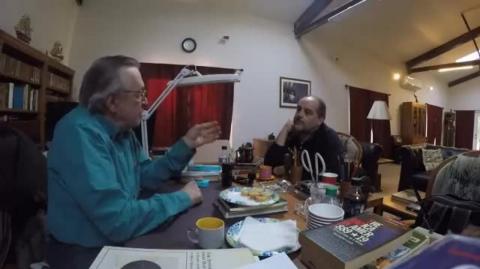


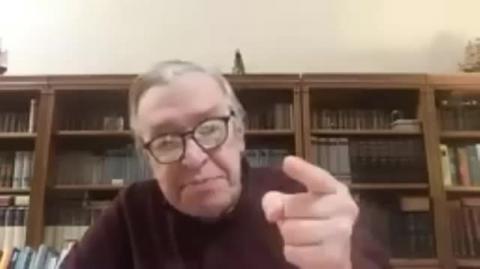

 Better Bachelor
Better Bachelor
 AaronClarey
AaronClarey
 Life_N_Times_of_Shane_T_Hanson
Life_N_Times_of_Shane_T_Hanson
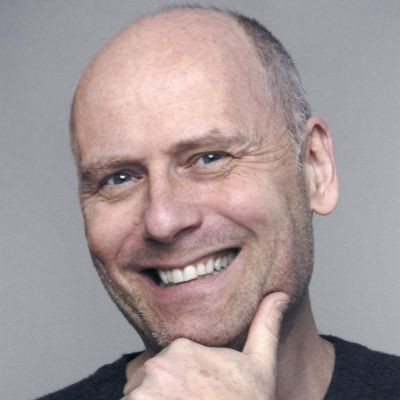 Stefan Molyneux
Stefan Molyneux
 SoloMan Zone
SoloMan Zone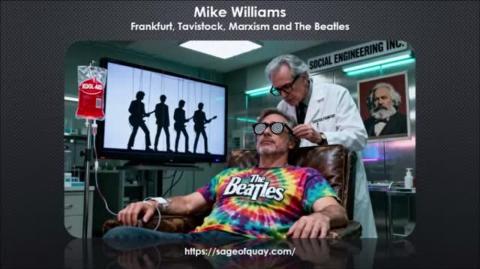
 Ozmosis
Ozmosis
 Blackpill_52
Blackpill_52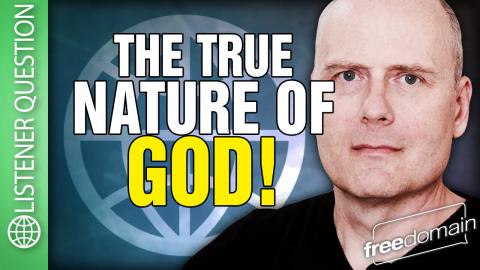

 Angry Guy
Angry Guy
 The David Knight Show
The David Knight Show![[+16] HOW A WAFFLE SHOP ENDED UP BECOMING A BROTHEL.. (SOUTH-AMERICA) >> FEMININE NATURE..](https://cdn.mgtow.tv/upload/photos/2025/11/PmUZPaHH86XwE4qxCSGA_06_f9a1c719f05c698324ee4e29a3fba330_image_thumb_high.jpg)
 Doggk
Doggk

![React: JOÃO CARVALHO NÃO SABE O QUE É FASCISMO [REVOLUSHOW] - João Eigen](https://cdn.mgtow.tv/upload/photos/2025/09/YXcSnwZzQwbRDiR5U9lb_12_c860c21a8b09d171d1e4cd1584ab61cf_image_thumb_high.jpg)



Log in to comment